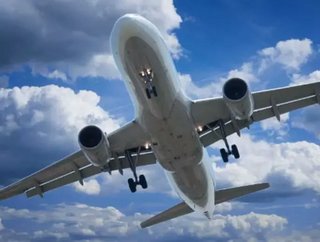Freight groups welcome aviation emissions agreement

The International Civil Aviation Organisation (ICAO) has decided on a mechanism to reduce carbon emissions from aviation activities, a move that has pleased the International Federation of Freight Forwarders Associations (French - FIATA) and the European Liaison Committee of Common Market Forwarders (French – CLECAT).
The two international groups FIATA and CLECAT, the former known as the “architects of transport” and the latter representing the interests of more than 19,000 companies employing in excess of 1,000,000 staff in logistics, freight forwarding and customs services, announced today that they are pleased that the ICAO reached a decision on a mechanism to reduce aviation emissions on Friday, 4 October in Montreal at ICAO's 38th Assembly.
The ICAO agreed to come up with a global market based measure for international aviation for implementation from 2020. The aim is to have “carbon neutral growth from 2020 and halving emission by 2020 based on 2005 levels.”
Jean-Claude Delen, FIATA's Immediate Past President noted that the international freight forwarding industry is pleased that the airline industry will ultimately come up with market‐based measures to incentivise emissions abatement while maintaining a level playing‐field in what is a strongly competitive international industry.
This industry is in need of a consistent and accurate standard for monitoring, verification and monitoring of carbon emissions, Delen said.
He added: "This agreement is an important step and we do expect that the aviation industry, like any other industry continues to seek for emissions reductions through improved technology, operations and alternative fuels to reduce emissions."
Nicolette van der Jagt, Director General of CLECAT said: "The resolution creates however uncertainty regarding the future of the EU Emissions Trading Scheme (ETS). For us, any application of the European Union (EU) should as a matter of principle to avoid discrimination and unfair competition among the airlines. Therefore, we urge the EU to clarify its intention regarding the EU ETS.
“At the same time, the text contains some loopholes and the challenge remains to keep all developing countries on board and to have them to participate in the market based measure."






